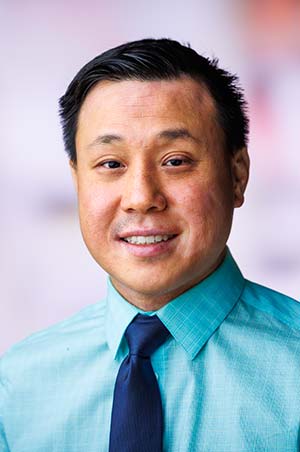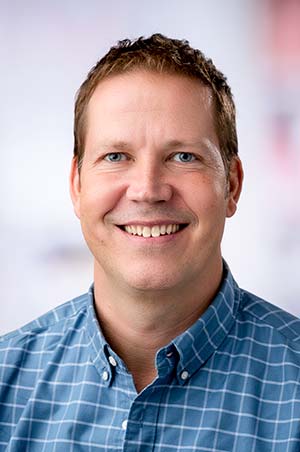

Laying the groundwork for a new cancer-preventive vaccine
Behind one fifth of cancer cases around the world lurks a pathogen. The connective-tissue cancer Kaposi sarcoma even gave its name to the herpesvirus that causes it: Kaposi sarcoma-associated herpesvirus, or KSHV. Though uncommon in the U.S., KS is a problem in regions where HIV still exacts a major public health toll.
“KS is among the most common cancers among people with HIV, and is a leading cancer in several African countries,” said Fred Hutch KS specialist Dr. Warren Phipps, associate professor (Allergy and Infectious Diseases).
To rectify gaps in treatment and prevention, Phipps and Fred Hutch colleagues Jim Boonyaratanakornkit, assistant professor (Allergy and Infectious Diseases) and Andrew McGuire have teamed up to lay the groundwork for a KSHV vaccine. An effective KSHV vaccine would revolutionize how providers approach KSHV-related diseases, Phipps said.
The collaborators secured a five-year, $3.84 million grant from the National Cancer Institute to characterize the immune response to KSHV infection. These insights will inform design of an immune system-stimulating vaccine and could aid scientists working to develop other therapeutics.